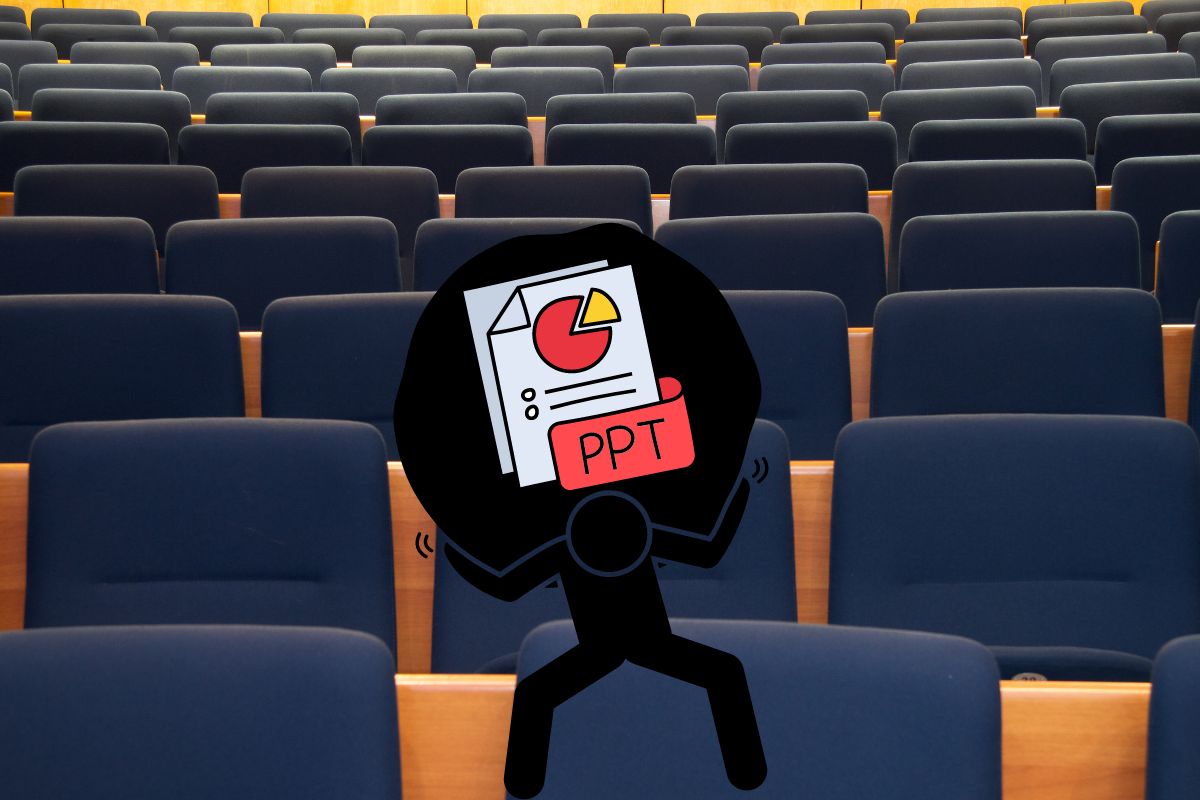
This recent presentation to 1st year Tourism students covered good study and mental health practices, drawing specifically on the Big 5, from research conducted by the team at Mindspot.
Today I got to speak with 1st Year Tourism students. Thanks to all in attendance for your attention and contributions.
My involvement in talking to this cohort stretches back to 2019, when I did a very sub-par presentation on my first go. You can read my apology blog post here.
But Marion (topic coordinator) was kind enough to give me a second chance and I’ve spoken to this cohort every year since 2019, and I think done a much better job that my first try.
The presentation I give has changed over time. It currently focuses on:
- Evidence-based study practices
- Foundational personal practices for good mental health
- Starting new habits
- Overview of Health, Counselling and Disability Support services
The slides can be accessed here
One of the things we focused on in this session is The Big 5 from the team at Mindspot. I’ve written about these previously. In short, these are five daily activities that show a reliable connection with positive mental health. They are:
Meaningful Activities – These give us a sense of accomplishment, satisfaction or joy. They can be as simple as listening to a favourite song or watching a good show, and they are often fun and engaging.
Healthy Thinking – This means having realistic thoughts about ourselves, the world, and the future. This also means keeping perspective and treating ourselves with respect, particularly when things are difficult.
Goals and Plans – Having a goal or a plan helps us stay motivated and energised. Goals give us something to look forward to and stop us dwelling on past problems.
Healthy Routines – Routines we do automatically like our sleep routine, eating well or being active, are critical for good mental health. These actions set us up for the day.
Social Connections – Regular contact with people we love and respect, which may include our family, friends or tribe, helps us to feel validated and gives us a sense of belonging.
The idea is simple. You assess the extent to which you engage in these activities on a regular basis, and if they are relatively absent, you take steps to introduce them regularly, as a good starting point for building better mental health.
The MindSpot people have created a journal to guide you through the process of self-assessment and coming up with actionable versions of each of the 5.
Whether or not you were in attendance at the session, you might find the Big 5 work interesting.
Take care everyone.
G


